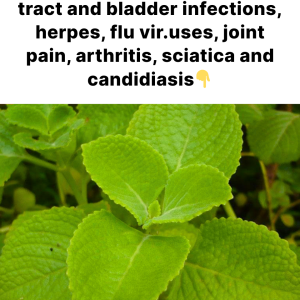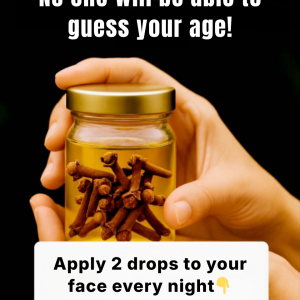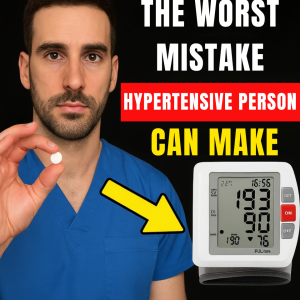Sugar is a common part of many diets, but consuming it in excess can lead to health concerns. Recognizing the signs of overconsumption can help you make healthier choices and maintain your overall well-being.

1. Frequent Sugar and Carbohydrate Cravings
Constantly craving sugary snacks and refined carbohydrates may indicate a habitual preference rather than a true addiction. While “sugar addiction” is not widely recognized in medical literature, frequent cravings could signal blood sugar fluctuations or a lack of balanced meals. Instead of resorting to extreme detox methods, gradually reducing sugar intake and incorporating whole, nutrient-rich foods can help manage these cravings effectively.
2. Energy Highs and Lows
Consuming sugar can provide a quick energy boost, but it’s often followed by a sudden drop in energy, leaving you feeling tired. This phenomenon, commonly referred to as a “sugar crash,” is due to rapid spikes and falls in blood sugar levels. Maintaining steady energy levels requires a balanced diet that includes complex carbohydrates, proteins, and healthy fats.
3. Skin Problems
Excessive sugar intake may exacerbate certain skin conditions such as acne or inflammation due to its potential to increase insulin levels and inflammatory responses. However, skin issues are influenced by multiple factors, including genetics, hormones, and overall diet. Moderating sugar intake is just one of several strategies for improving skin health.
4. Weight Gain
Overeating sugary foods can contribute to weight gain, as they are often high in calories but low in fiber and protein, which are essential for satiety. Excessive sugar can also lead to increased fat storage and insulin resistance over time. Managing portion sizes and focusing on whole, unprocessed foods can help maintain a healthy weight.
5. Weak Immune System
While some studies suggest that excessive sugar consumption might temporarily impair immune function, there is no direct evidence linking sugar intake to frequent illnesses like colds or flu. A robust immune system depends on a combination of factors, including adequate sleep, a balanced diet, regular exercise, and stress management.
Conclusion

Moderation is key when it comes to sugar consumption. While excessive intake can have negative effects on your energy levels, skin health, and weight, it is important to recognize that sugar is just one part of the broader dietary picture.
To improve your overall health:
- Reduce the intake of refined sugars and opt for natural alternatives like fresh fruits.
- Eat balanced meals rich in fiber, protein, and healthy fats to maintain stable energy and control cravings.
- Maintain a healthy lifestyle with regular physical activity, sufficient sleep, and hydration.
By taking these steps, you can enjoy a healthier relationship with sugar and support your long-term well-being.




